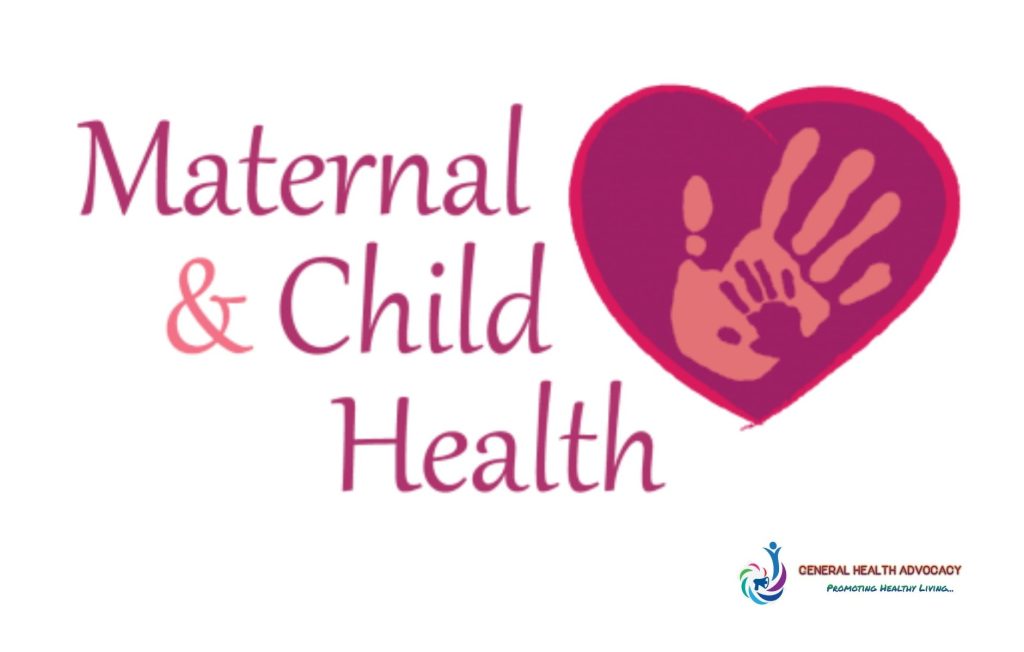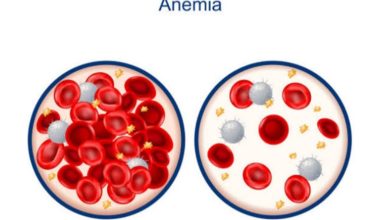
Maternal care refers to the healthcare provided to women during pregnancy, childbirth, and the postpartum period. It is essential to ensure the health and well-being of both the mother and the baby. On the other hand, neonatal care refers to the medical care provided to newborn infants, typically during their first 28 days of life. Both maternal and neonatal health care play a vital role in the overall health of the society. Let’s explore the benefits of each in detail:
These are Various Benefits of Maternal Health Care:
- Promotes safe pregnancies: Maternal health care focuses on proper prenatal care, including regular check-ups, ultrasounds, and screenings. This helps identify any potential risks or complications early on and ensures a safe and healthy pregnancy for both the mother and the baby.
- Reduces maternal mortality: Access to proper maternal health care significantly reduces the risk of maternal mortality. Regular prenatal visits and skilled attendance during childbirth help identify and manage any complications that may arise, thereby preventing maternal deaths.
- Prevents birth defects and disabilities: Maternal health care promotes healthy behaviors and offers important interventions such as nutritional guidance, vaccinations, and screenings. These measures help prevent birth defects, developmental issues, and disabilities in newborns.
- Improves maternal mental health: Maternal health care also includes providing support and resources for the emotional well-being of expectant and new mothers. This can help prevent or address postpartum depression and other mental health concerns, ensuring optimal care for both the mother and the baby.
- Enhances breastfeeding rates: Maternal health care often emphasizes the importance of breastfeeding and provides education and support to mothers. This, in turn, leads to higher rates of breastfeeding initiation and duration, which is crucial for the baby’s nutrition and immune system development.
- Reduces infant mortality: The health of the mother is closely linked to the health of the newborn. By providing proper prenatal care and skilled attendance during childbirth, maternal health care contributes to lower rates of infant mortality. Early detection and management of potential complications can significantly improve neonatal outcomes.
- Empowers women: Access to maternal health care empowers women by providing them with essential knowledge about their own health and that of their babies. It allows women to make informed decisions and actively participate in their own care, leading to better overall health outcomes.
Read Also
Health And Safety Tips for Work Place
Insight on Parenting Tips for Overall Well-being of the Family

Certainly, the Various Benefits of Neonatal Health Care can be expressed as follows:
- Prevents neonatal mortality and morbidity: Neonatal health care focuses on providing specialized medical attention and interventions to newborns. This helps prevent and manage conditions that can lead to neonatal mortality, such as birth asphyxia, prematurity, and infections. Timely detection and treatment significantly reduce the risk of long-term complications and disabilities.
- Supports healthy growth and development: Neonatal health care includes monitoring the growth and development of newborns to ensure they are meeting appropriate milestones. This allows for early identification of any potential issues or delays, enabling timely interventions and promoting optimal growth and development.
- Promotes bonding and attachment: Neonatal health care often encourages skin-to-skin contact and breastfeeding, both of which are essential for creating strong bonds between newborns and their parents. This nurturing environment supports the emotional and social development of the baby.
- Provides specialized interventions: Specialized neonatal care facilities are equipped with advanced technologies and medical expertise to provide interventions for premature or critically ill newborns. These interventions, such as respiratory support or surgical procedures, can significantly improve the chances of survival and long-term health outcomes for these vulnerable infants.
- Reduces long-term healthcare costs: Investing in neonatal health care can lead to long-term cost savings for both families and society as a whole. By providing early interventions and specialized care, neonatal health services can reduce the need for prolonged hospital stays, expensive treatments, and ongoing medical care that may be required if complications are not properly managed.
- Improves overall population health: Neonatal health care plays a critical role in improving overall health of the population. By ensuring the healthy development and survival of newborns, it contributes to the future well-being of the society as these infants grow into healthy adults. Healthy babies are more likely to lead productive lives and contribute positively to their communities.
- Reduces societal burden: Adequate neonatal health care reduces the burden on families and society by preventing infant morbidity and mortality. Families who receive appropriate neonatal care are less likely to experience emotional, financial, and social hardships associated with caring for a sick or disabled child. Additionally, the loss of a neonate can result in significant emotional and societal costs, which can be mitigated through proper neonatal health care.
- Facilitates early detection and intervention: Neonatal health care enables the early detection of health issues and developmental challenges in newborns. Through regular check-ups and screenings, healthcare professionals can identify any potential problems and intervene promptly. Early intervention is crucial for preventing long-term complications and improving outcomes for newborns.
- Improves overall health outcomes: By providing comprehensive care to newborns, neonatal health care significantly improves overall health outcomes. It reduces the risk of neonatal mortality and morbidity, ensuring that more babies have the opportunity to thrive and achieve their full potential. Healthy newborns are more likely to grow into healthy children and adults.
- Promotes healthy behaviors and education: Neonatal health care offers opportunities for parents to learn about newborn care, including breastfeeding, proper nutrition, hygiene, and safe practices. By promoting and supporting healthy behaviors, neonatal health care sets a foundation for a healthy lifestyle for both the baby and the family.
- Strengthens healthcare infrastructure: The provision of neonatal health care requires a well-equipped healthcare infrastructure, including hospitals, clinics, and trained healthcare professionals. Investment in neonatal health care strengthens the healthcare system, improving its capacity to deliver quality care not only for newborns but also for the entire population.
It can be concluded that, both maternal and neonatal health care are essential components of a comprehensive healthcare system. Maternal care ensures the health and well-being of women during pregnancy, childbirth, and the postpartum period, while neonatal care focuses on providing specialized medical attention to newborns during their first 28 days of life.
The benefits of maternal and neonatal health care extend beyond individual health outcomes and have significant societal impacts. These benefits include reducing maternal and neonatal mortality, preventing birth defects and disabilities, improving breastfeeding rates, enhancing maternal mental health, empowering women, and promoting healthy growth and development of newborns. Additionally, both maternal and neonatal health care contribute to reducing healthcare costs, strengthening healthcare infrastructure, improving overall population health, and reducing the burden on families and society.
Investing in maternal and neonatal health care is crucial for the future of our society. By ensuring the health and well-being of mothers and newborns, we create a strong foundation for the well-being, productivity, and prosperity of our communities. It is important to prioritize access to quality maternal and neonatal health care services to ensure healthier and happier families and a brighter future for generations to come.



